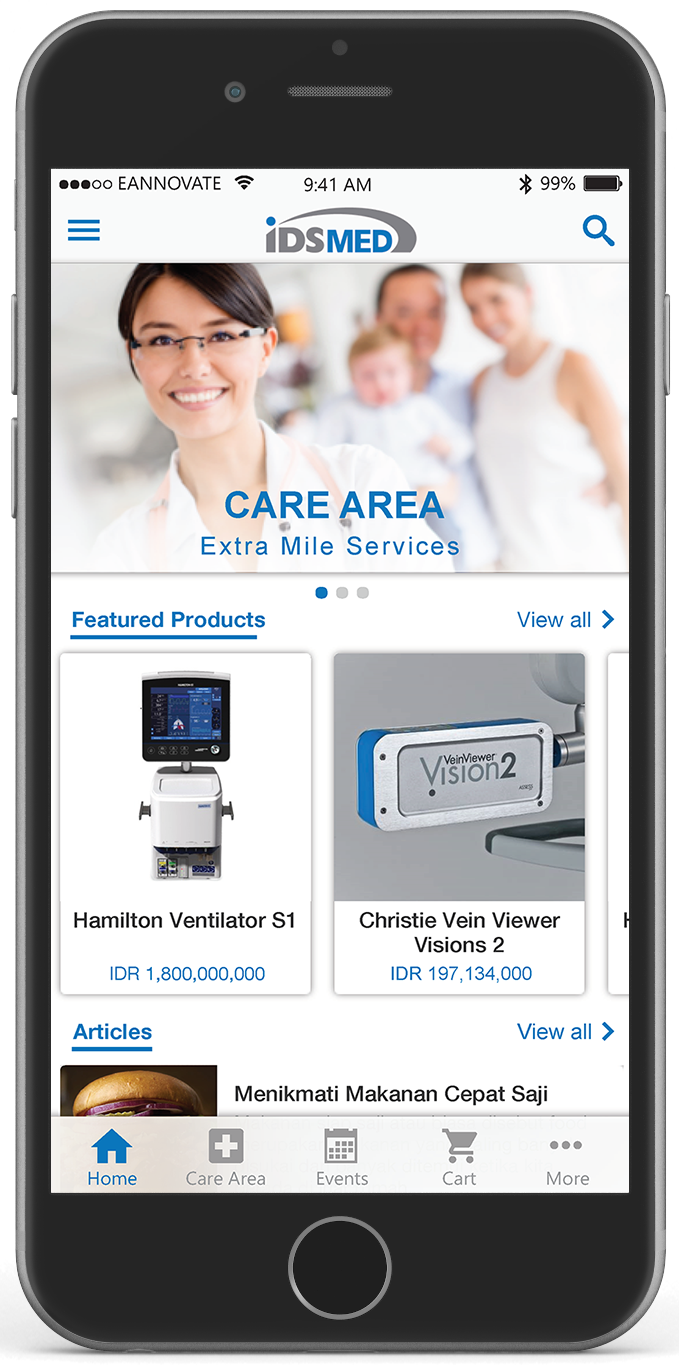Breast milk provides optimal nutrition for babies. It has a nearly perfect mix of vitamins, protein, and fat. And it’s all provided in a form more easily digested than baby formula. Breast milk contains antibodies that help baby fight off viruses and bacteria. Breastfeeding lowers baby’s risk of having asthma or allergies.

-
Breast milk contains everything a baby needs for the first six months of life, in all the right proportions. Its composition even changes according to the baby’s changing needs, especially during the first month of life. During the first days after birth, the breasts produce a thick and yellowish fluid called colostrum. It is high in protein, low in sugar and loaded with beneficial compounds. Colostrum is the ideal first milk and helps the newborn’s immature digestive tract develop. After the first few days, the breasts start producing larger amounts of milk as the baby’s stomach grows.

-
Breast milk is loaded with antibodies, especially immunoglobin A, which can help prevent or fight illness in your baby. This particularly applies to colostrum, the first milk. Colostrum provides high amounts of immunoglobulin A (IgA), as well as several other antibodies. IgA protects the baby from getting sick by forming a protective layer in the baby’s nose, throat and digestive system.
-
Breastfeeding may reduce your baby’s risk of infections and many diseases, including allergy, celiac disease and diabetes. Babies who are breastfed exclusively for the first 6 months, without any formula, have fewer ear infections, respiratory illnesses, and bouts of diarrhea. In addition to reducing the risk of many infections, breastfeeding has also been shown to significantly reduce their severity. Furthermore, the protective effects of breastfeeding seem to last throughout childhood and even adulthood.
-
Breastfed babies have lower obesity rates than formula-fed babies. They also have more leptin and more beneficial gut bacteria. Breastfeeding promotes healthy weight gain and helps prevent childhood obesity. Studies show that obesity rates are 15-30% lower in breastfed babies, compared to formula-fed babies. The duration is also important, as each month of breastfeeding reduces your child’s risk of future obesity by 4%. This may be due to the development of different gut bacteria. Breastfed babies have higher amounts of beneficial gut bacteria, which may affect fat storage. Babies fed on breast milk also have more leptin in their systems than formula-fed babies. Leptin is a key hormone for regulating appetite and fat storage. Breastfed babies also self-regulate their milk intake. They’re better at eating only until they’ve satisfied their hunger, which helps them develop healthy eating patterns.
-
Breastfeeding may affect baby’s brain development and reduce the risk of future behavior and learning problems.
-
Breastfeeding may make weight loss harder for the first 3 months after delivery. However, it may actually help with weight loss after the first 3 months. While some women seem to gain weight during breastfeeding, others seem to effortlessly lose weight. Although breastfeeding increases a mother’s energy demands by about 500 calories per day, the body’s hormonal balance is very different from normal. Because of these hormonal changes, lactating women have an increased appetite and may be more prone to storing fat for milk production. The important thing to remember is that diet and exercise are still the most important factors determining how much weight you will lose, whether lactating or not.
-
Breastfeeding increases oxytocin production, a hormone that causes contractions in the uterus. It reduces blood loss after delivery and helps the uterus return to its previous smaller size. During pregnancy, your uterus grows immensely, expanding from the size of a pear to filling almost the entire space of your abdomen. After delivery, your uterus goes through a process called involution, which helps it return to its previous size. Oxytocin, a hormone that increases throughout pregnancy, helps drive this process. Your body secretes high amounts of oxytocin during labor to help deliver the baby and reduce bleeding. Oxytocin also increases during breastfeeding. It encourages uterine contractions and reduces bleeding, helping the uterus return to its previous size. Studies have also shown that mothers who breastfeed generally have less blood loss after delivery and faster involution of the uterus.
-
Breastfeeding mothers are less likely to develop postpartum depression, a type of depression that can develop shortly after childbirth. Breastfeeding have increased amounts of oxytocin, which encourages caregiving, relaxation and bonding between mother and child. Oxytocin appears to have long-term anti-anxiety effects as well.

-
Breastfeeding for more than one year is linked to a 28% lower risk of breast and ovarian cancer. It has also been linked to a reduced risk of several other diseases. The total time a woman spends breastfeeding is linked with a reduced risk of breast and ovarian cancer. In fact, women who breastfeed for more than 12 months during their lifetime have a 28% lower risk of both breast and ovarian cancer. Each year of breastfeeding is associated with a 4.3% decrease in breast cancer risk. Recent studies also indicate that breastfeeding may protect against metabolic syndrome, a group of conditions that increase the risk of heart disease and other health problems. Women who breastfeed for 1-2 years over their lifetime have a 10-50% lower risk of high blood pressure, arthritis, high blood fats, heart disease and type 2 diabetes.
-
Breastfeeding is completely free and requires very little effort. By breastfeeding, you don’t have to worry about buying or mixing formula, warming up bottles or calculating your baby’s daily needs. It also gives you regular time to relax quietly with your newborn as you bond.


















